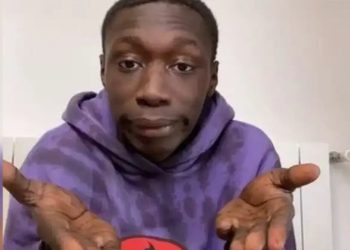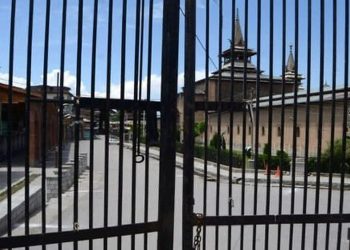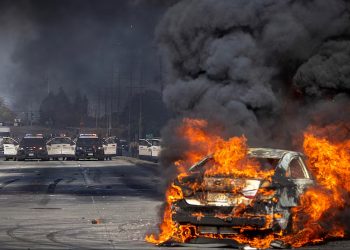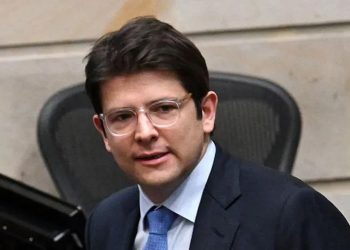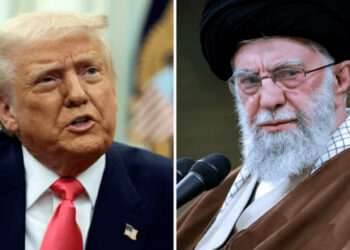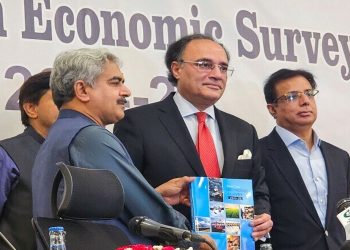From Alcatraz Island to a park in New York City, Native American people will celebrate their centuries-long history of resilience on Monday with ceremonies, dances and speeches.
The events across the U.S. come two years after President Joe Biden officially commemorated Indigenous Peoples Day. An increasing number of states and cities have also recognized it — pivoting from a day long rooted in the celebration of explorer Christopher Columbus to one focused on the people whose lives and culture were forever changed by colonialism.
“This day is about reclaiming histories,” said Kyle Mays, an associate professor of American Indian Studies at the University of California, Los Angeles. “It’s acknowledging the history of dispossession and violence against Indigenous people.”
Here is a look at why it’s called Indigenous Peoples Day, the history behind it and how people celebrate.
Why is it called Indigenous Peoples Day?
Indigenous Peoples Day has been recognized for decades in different forms and under a variety of names to celebrate Native Americans’ history and culture and to recognize the challenges they continue to face.
In 2021, Biden issued the first-ever presidential proclamation of Indigenous Peoples Day. He said in a statement that the day is meant to “honor America’s first inhabitants and the Tribal Nations that continue to thrive today.”
It is typically observed on the second Monday in October, the same day as Columbus Day, a federal holiday established decades ago to recognize Columbus’ sighting in 1492 of what came to be known as the Americas.
Is it a federal holiday?
Although it is not a federal holiday, 17 states — including Washington, South Dakota and Maine — as well as Washington, D.C., have holidays honoring Native Americans, some of which are on the second Monday in October, according to the Pew Research Center. Indigenous Peoples Day is typically paired with Columbus Day or replaces the federal holiday altogether. Dozens of cities and school systems observe Indigenous Peoples Day as well.
Significance of Indigenous Peoples Day
Its significance for Native Americans has more to do with the fact that it’s the day the U.S. has celebrated Columbus, explained Cliff Matias, cultural director for the New York-based Redhawk Indigenous Arts Council.
“We celebrate our survival of Columbus and all that he brought,” he said.
Matias, whose Indigenous Nations are Taino and Kichwa, said a more suitable day to honor Native people would be the “summer solstice, which is a powerful day for Indigenous people all over the world. It might be some sort of day that we recognize generally correlating with our connection to the planet.”










